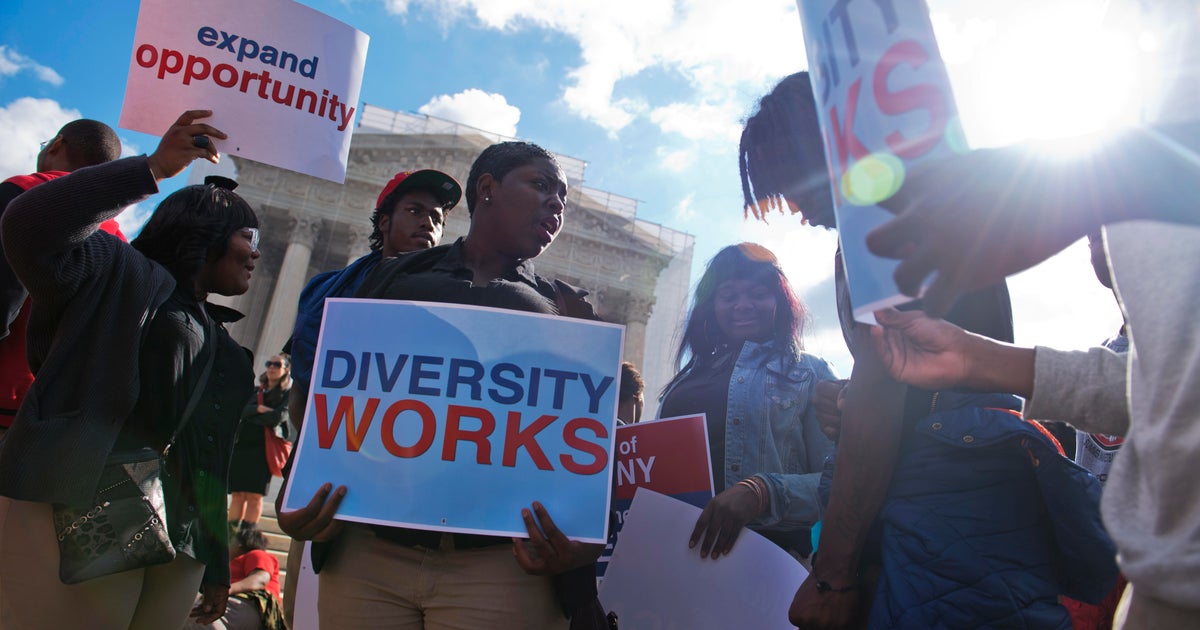
"When does it end?": Supreme Court weighs nixing affirmative action in higher education
CBSN
Washington — The Supreme Court on Monday weighed whether to bring an end to race-conscious admissions programs as it heard arguments in a pair of cases challenging affirmative action in higher education.
The legal fight, which involves admissions policies from the University of North Carolina, the nation's oldest public university, and Harvard, the oldest private institution, came before a Supreme Court that has been dramatically reshaped since it last considered the issue just six years ago. And over just under five hours of arguments in the two cases, members of the six-justice conservative bloc expressed skepticism about allowing universities to continue considering race as a factor in admissions.
"Why do you have these boxes? Why do you give a student the opportunity to say this one thing about me, 'I'm Hispanic, I'm African American, I'm Asian?' What does that in itself tell you?" Justice Samuel Alito asked.
